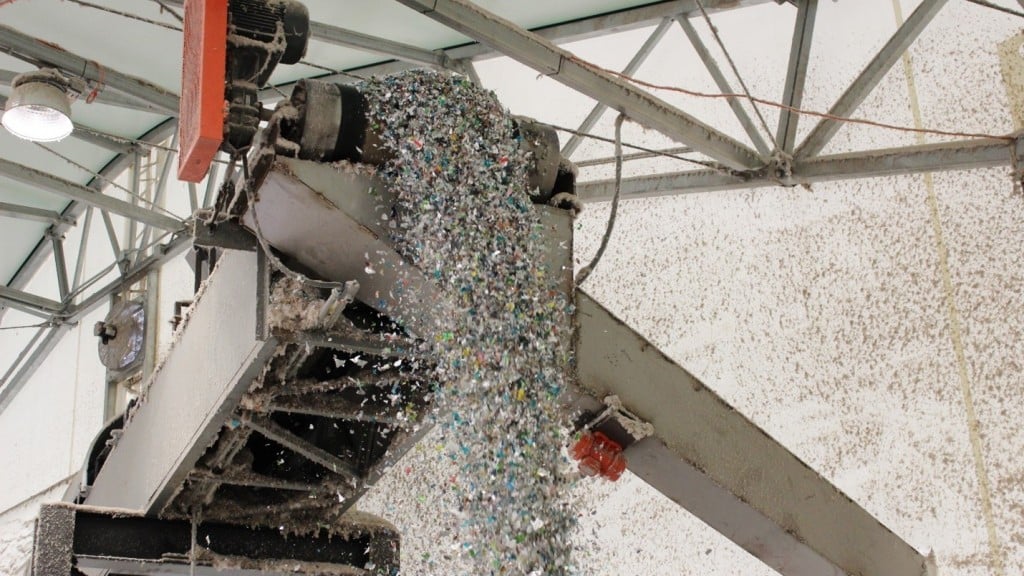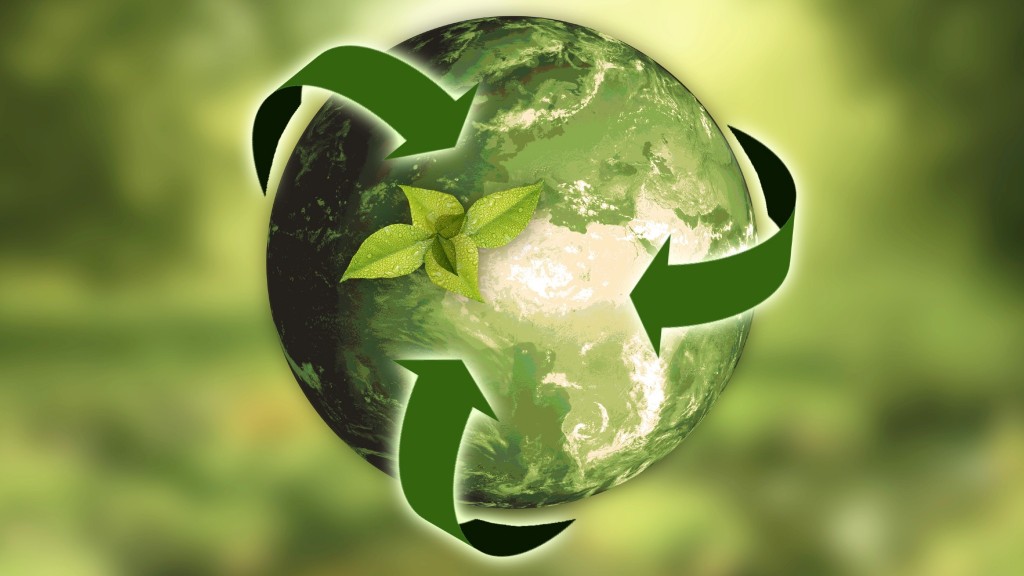Navigating the complexities of the waste hierarchy
Today's waste solutions present an opportunity to reimagine waste as a resource rather than a liability

As businesses face increasing pressure from regulators, investors, and consumers to take responsibility for the downstream effects of their waste, many are beginning to recognize the need for more sustainable waste management practices.
Business owners may intuitively know that landfill diversion is a good thing, but few know just how impactful it really is. New research is demonstrating that landfilling, the most common waste disposal method, has more severe environmental consequences than previously understood. The innovative and sustainable waste solutions available today present an opportunity not just to divert waste from landfills, but to reimagine waste as a resource rather than a liability.
Take a deep dive into the U.S. Environmental Protection Agency's (EPA) waste management hierarchy and explore modern strategies that can help businesses reduce their environmental footprint and make meaningful progress toward zero-waste-to-landfill goals.
Understanding the waste hierarchy
The EPA's waste hierarchy serves as a guide for businesses to handle their waste responsibly, with four tiers — source reduction & reuse, recycling & composting, energy recovery, and treatment & disposal — offering a blueprint for minimizing the volume of waste, reducing reliance on landfilling, and maximizing resource recovery. Understanding the EPA's waste hierarchy can help businesses identify areas for improvement for all of their waste streams.
Businesses reliant on landfilling that are looking to make strides toward their sustainability goals can set their sights on ascending to the next level of the waste hierarchy. By moving toward more sustainable practices such as recycling, composting, or energy recovery, they can reduce their dependence on landfills, cut greenhouse gas emissions, and potentially increase the amount of recaptured resources.
The importance of landfill avoidance as a business strategy
While landfilling is historically the most common and cost-effective method of waste disposal, its hidden costs — both financial and environmental — are becoming increasingly clear. Landfilling sits at the bottom of the EPA's waste hierarchy and is the third-largest source of anthropogenic methane emissions in the United States.
Most of what we know about landfill methane emissions, a greenhouse gas 80 times more potent than CO2, is based on modeled estimates. Studies using aircraft and satellite technology have just recently made full landfill emissions measurement possible.
Data from recent studies, including a paper administered by NASA and published in Science, indicate landfill emissions are currently underestimated. A recent UNEP report underscores this finding, which states landfill methane emissions are likely underreported by a factor of 2-3x.
For businesses focused on reducing their environmental impact, avoiding landfills is crucial. Beyond the environmental implications, landfilling carries ongoing financial liabilities and long-term responsibility for the waste, even after disposal.
Other risks include groundwater contamination and potential public backlash if landfills negatively impact nearby communities. These impacts can involve the release of harmful pollutants, leachate leakage, foul odours, and health concerns tied to poor air and water quality.
Moreover, regulatory measures like state-administered Extended Producer Responsibility (EPR) laws require manufacturers to take responsibility for the end-of-life management of their products. Avoiding landfills is the first step towards meeting EPR laws and helps companies avoid regulatory penalties.
In Canada, similar EPR regulations are being implemented nationwide, with several provinces, including British Columbia and Ontario, leading the charge. These regulations further encourage landfill avoidance by mandating waste diversion and extended responsibility for product lifecycle management, aligning business practices with national sustainability goals.
Decarbonizing waste solutions
Tackling decarbonization goals requires a multifaceted approach, including solutions to recover resources — such as metals and energy — from waste, and reintegrating them back into the economy. Zero-waste-to-landfill solutions can divert entire waste streams away from landfills and support a company's broader sustainability objectives.
Partnering for success
Material Processing Facilities (MPFs) play a key role in this effort by sorting and processing waste, while Thermomechanical Treatment Facilities (TTFs) offer even greater potential. TTFs are ten times more effective than wind and solar at reducing greenhouse gas emissions when accounting for the benefits of landfill methane avoidance.
ReDirect360, the zero-waste-to-landfill solution provided by Reworld, offers businesses a holistic waste solutions strategy. Through advanced end-to-end solutions, Reworld diverts 19 million tons of waste from landfills annually and recycles over 500,000 tons of metals each year, resulting in greenhouse gas reductions equivalent to the installation of 43 gigawatts of solar energy.
Reworld service lines — including ReKiln for alternative fuel production, ReDrop for wastewater treatment, and ReMove for logistics and transportation — provide a turnkey solution for businesses looking to transition away from landfills and toward more sustainable waste management practices.
By partnering with a third-party provider, businesses can transform their waste into valuable resources, supporting regulatory compliance and progressing toward sustainability goals.



